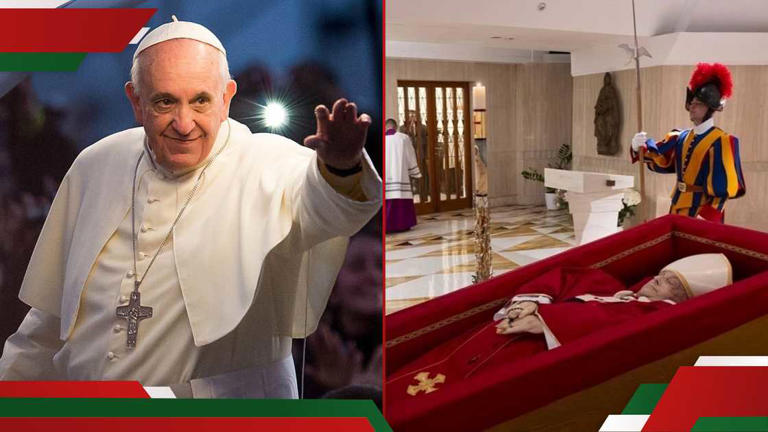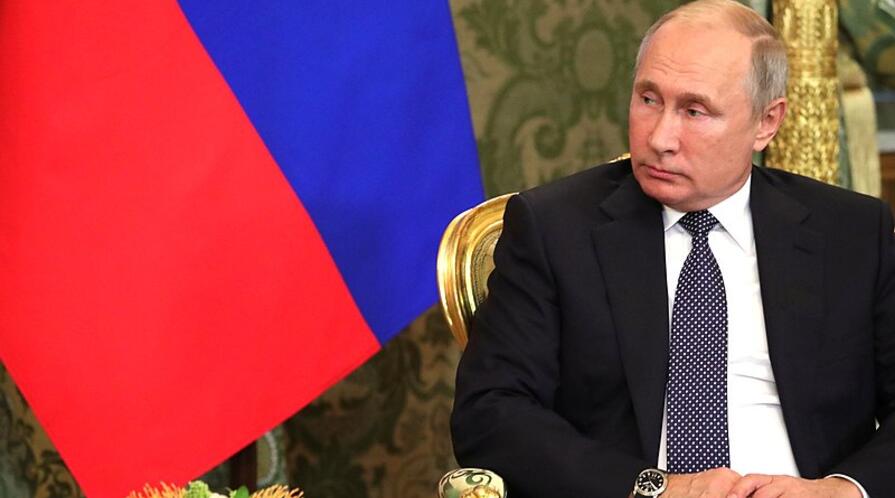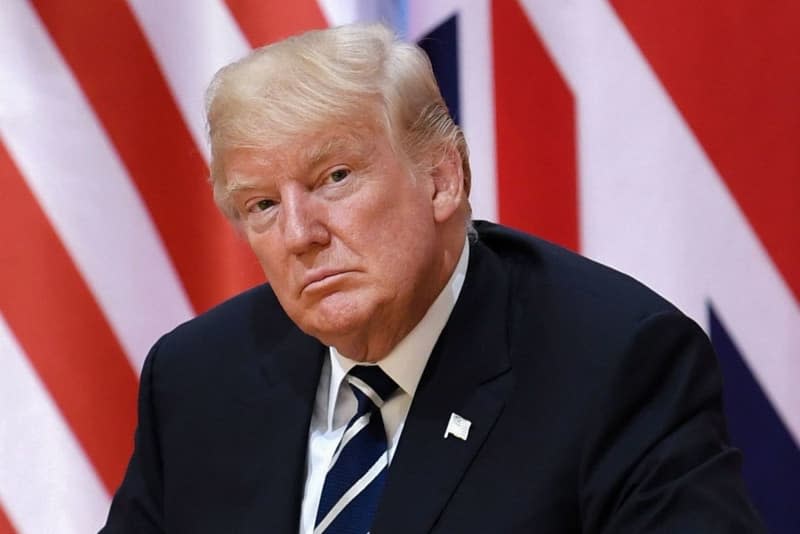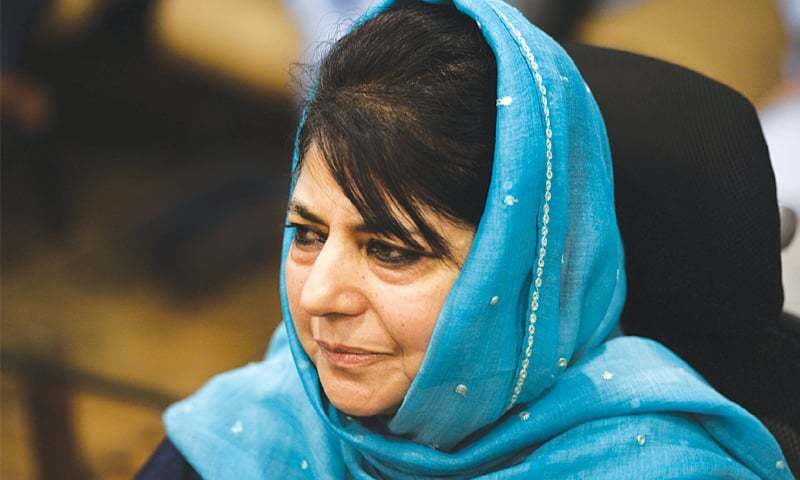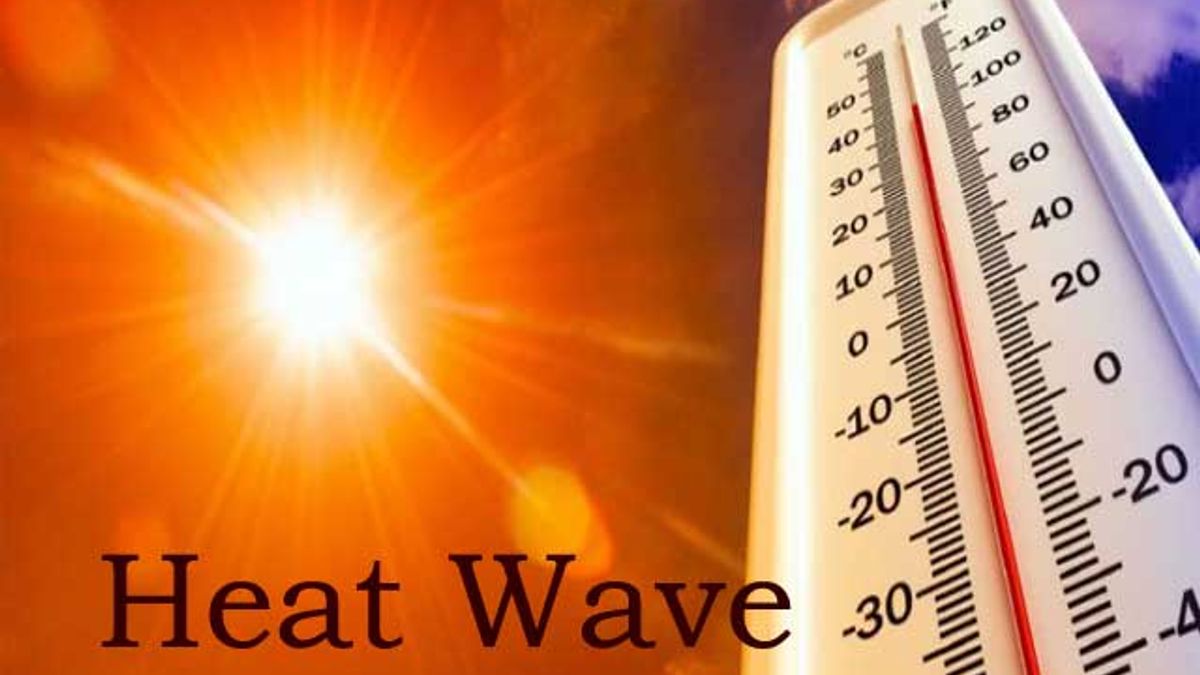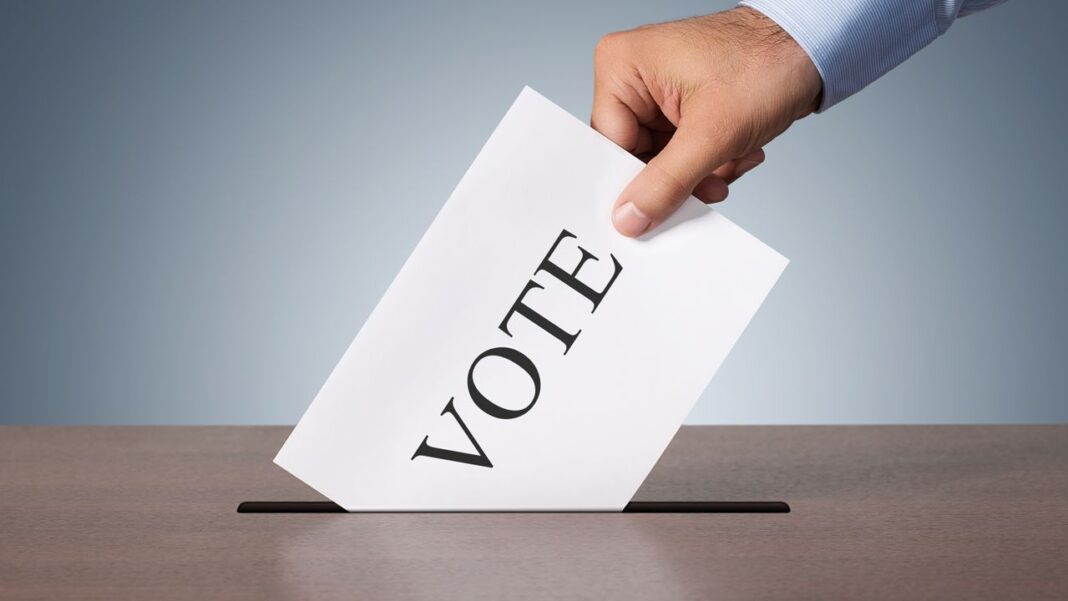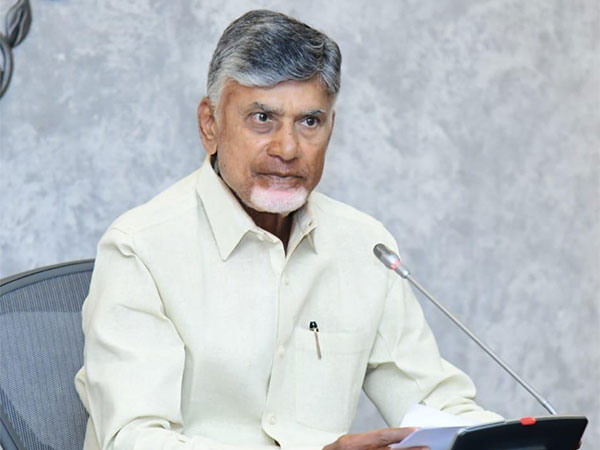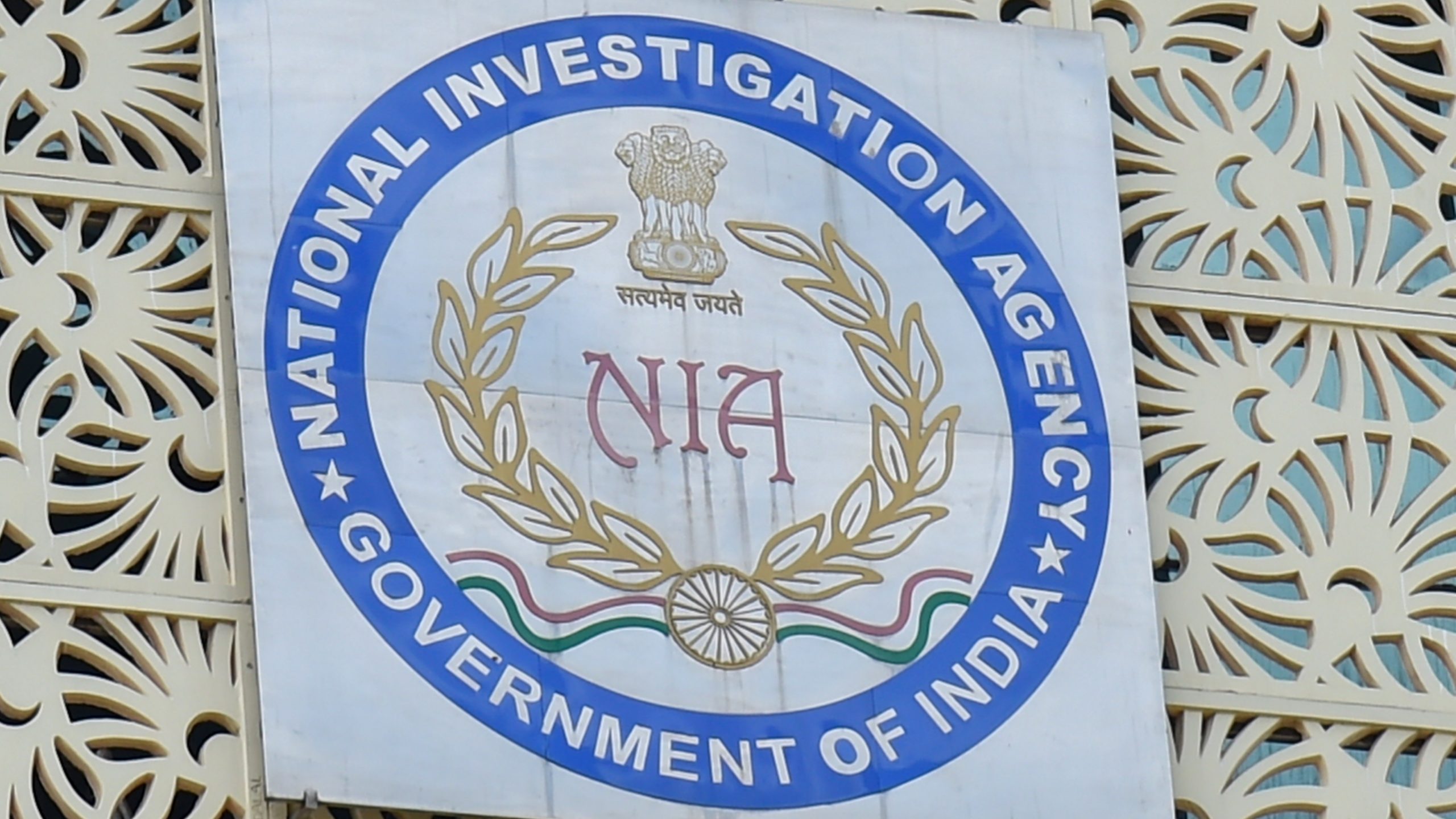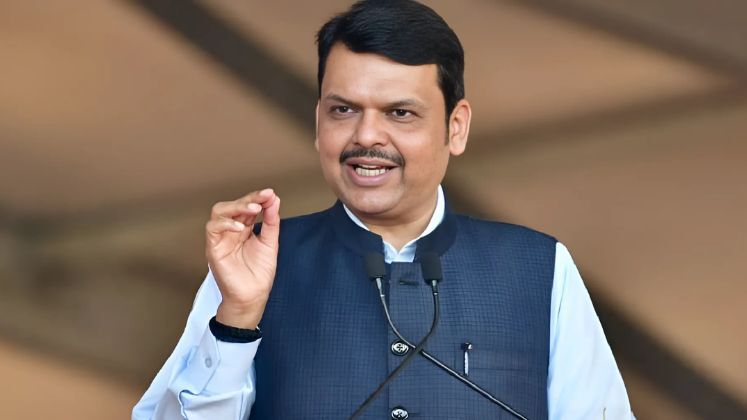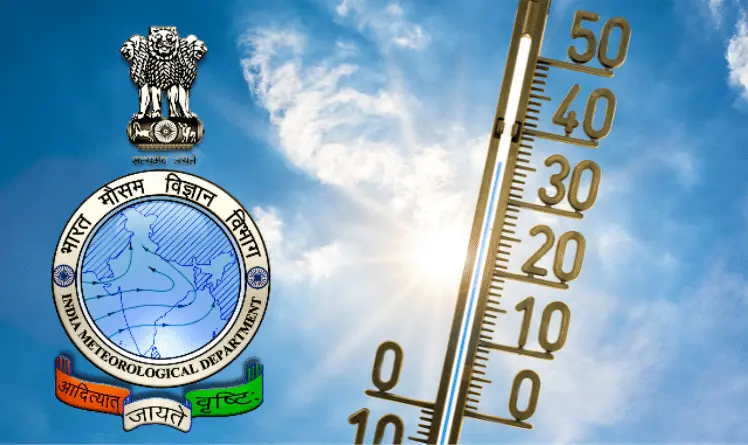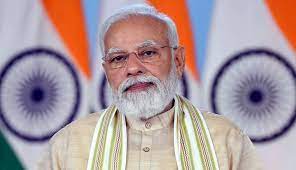Donald Trump's first address to the US Congress: How global media has reacted
Wed 01 Mar 2017, 19:47:17
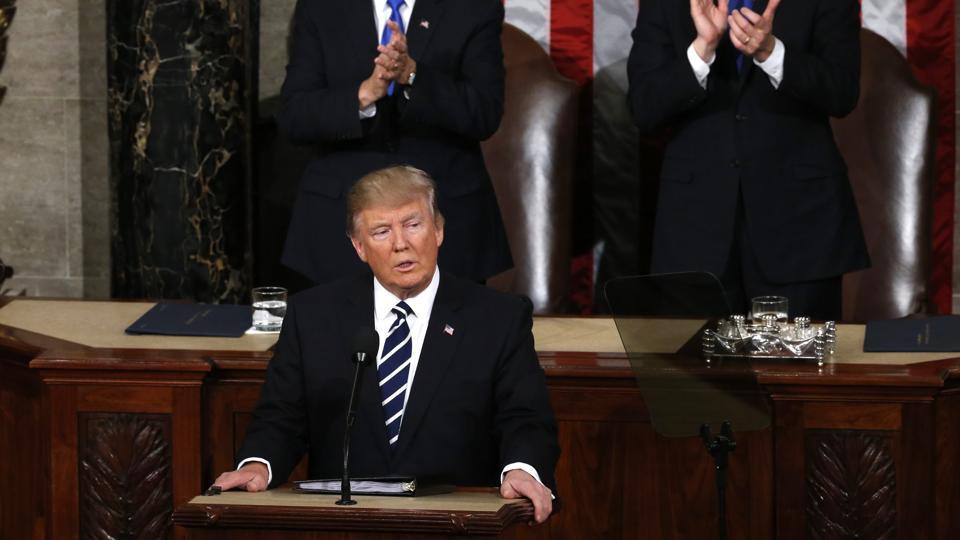
New Delhi: Donald Trump's first address to the US Congress comes in the sixth week of his presidential term, which has been marked by mass protests, court battles over his administration's ban on travel from seven Muslim countries, Twitter rants as well as bullish sentiments and record highs in the US market.
In his 61-minutes address, Trump urged Americans to support him in rebuilding US and making the country strong again. He offered several new proposals and reiterated his goals to repeal Obamacare but came short of giving concrete details. He also criticized the shooting incident involving the Indian engineer Srinivas Kuchibhotla in Kansas and other hate crimes against the Jewish community.
But he skipped many other issues which seem to have roiled his administration's first few weeks.
Here is how the international media has reacted to his first address to the US Congress:
■ Slate magazine: "Trump once again insisted that his election was a victory for "the people." In his kitsch revisionist history, the movement that led to his presidency was a veritable revolution.. Of course, millions more turned out to stop Trump-particularly in cities small and large. Every time Trump refers to his white, minority coalition as "the people," he's telling the majority of the American people who oppose him that they don't matter. And for now, as far as our government is concerned, they don't. The calls for bipartisanship with which Trump ended his speech weren't a gesture of outreach but a demand for submission. No matter what the beltway media says, Democrats should resist. No matter how great a marketer he is, Trump still defiles everything he touches," writes Michelle Goldberg.
■ The Guardian: "The most shocking part of Donald Trump's speech on Tuesday was that there was nothing shocking at all. But Trump's speech is not likely to change the political landscape. We have been here before, where he has seemed presidential on one day and launched a 6am tweet storm the next, making any gains in gravitas temporary. But the occasion did show how divided the country and this Congress is," writes Ben Jacobs.
■ The Huffington Post: "President Donald Trump
didn't insult any war heroes. He didn't pitch conspiracy theories about millions of illegal votes. He didn't call the news media the "enemies of the American people." For Republicans nervously watching the new president for signs of calm leadership, that was the good news, as Trump stuck to his teleprompter for nearly all of his 5,000-word, hourlong address to a joint session of Congress on Tuesday night, the first of his term. Because Trump in many ways boxed in his Capitol Hill party mates even as he provided scant details on what should be done," writes S.V. Date.
didn't insult any war heroes. He didn't pitch conspiracy theories about millions of illegal votes. He didn't call the news media the "enemies of the American people." For Republicans nervously watching the new president for signs of calm leadership, that was the good news, as Trump stuck to his teleprompter for nearly all of his 5,000-word, hourlong address to a joint session of Congress on Tuesday night, the first of his term. Because Trump in many ways boxed in his Capitol Hill party mates even as he provided scant details on what should be done," writes S.V. Date.
■ The Chicago Tribune: "Democrats might figure out that those working-class voters they lost in 2016 are getting left high and dry. A smart strategy would be to point out just how much of what Trump is promising is useless bait for anti-immigrant xenophobes (the wall) and policies that benefit upper-income people. It's almost like he swindled his more desperate voters," writes Jennifer Rubin.
■ CNN: Stephen Collinson writes, "Trump adopted a statesmanlike cadence, hitting notes of inspiration. For once, this most unorthodox of politicians struck a conventional presidential posture as he sought to stabilize his administration after a tumultuous five weeks in office. Though his language was more lofty and unifying than normal, Trump gave little quarter on the substance of his policies on issues ranging from trade, defense, immigration and counterterrorism. The result was a populist, nationalistic prescription that he said would yield "a new chapter of American greatness."
■ The New York Times: "In contrast with the dark themes of his inaugural address, Mr. Trump's speech to Congress was a more optimistic vision of America and what he called the promises ahead. The themes were largely Republican orthodoxy, delivered soberly and almost verbatim from a prepared text. Mr. Trump read from Teleprompters and appeared restrained and serious. Although Mr. Trump's presidency has been defined by executive orders and pronouncements, his speech appeared to be an attempt to open a new phase and reflected his need for cooperation from Congress," write Julie Hirschfeld Davis, Michael D. Shear and Peter Baker.
No Comments For This Post, Be first to write a Comment.
Most viewed from International
Most viewed from World
AIMIM News
Latest Urdu News
Most Viewed
May 26, 2020
Do you think Canada-India relations will improve under New PM Mark Carney?
Latest Videos View All
Like Us
Home
About Us
Advertise With Us
All Polls
Epaper Archives
Privacy Policy
Contact Us
Download Etemaad App
© 2025 Etemaad Daily News, All Rights Reserved.

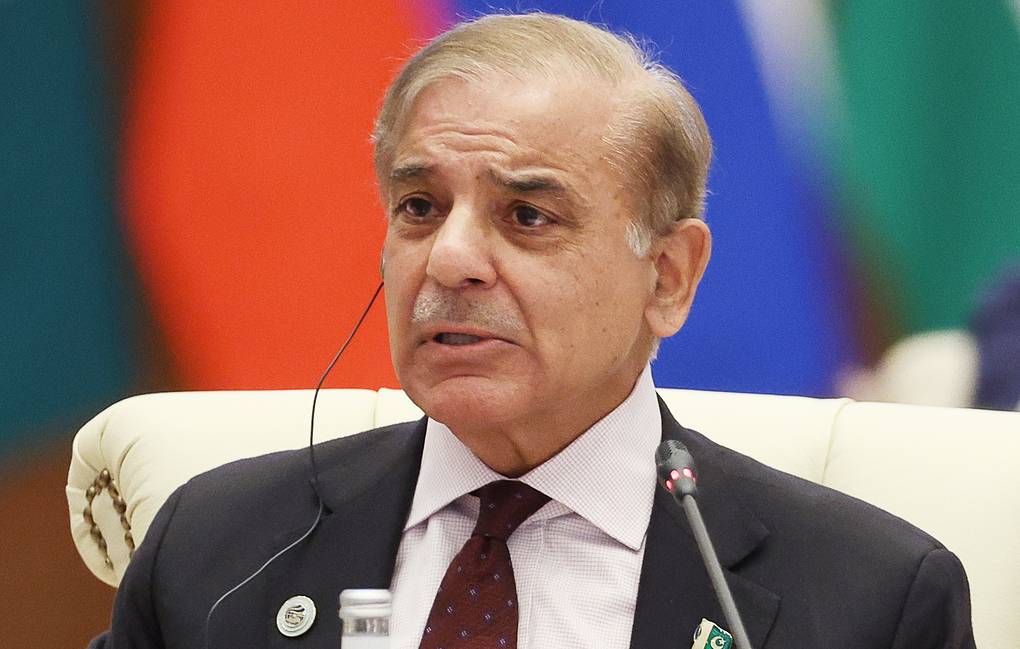
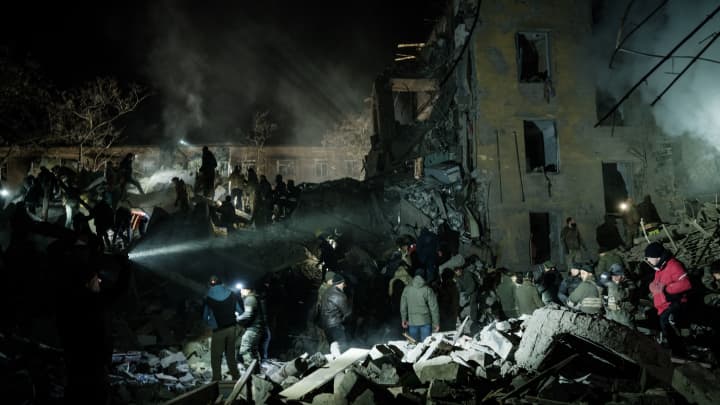
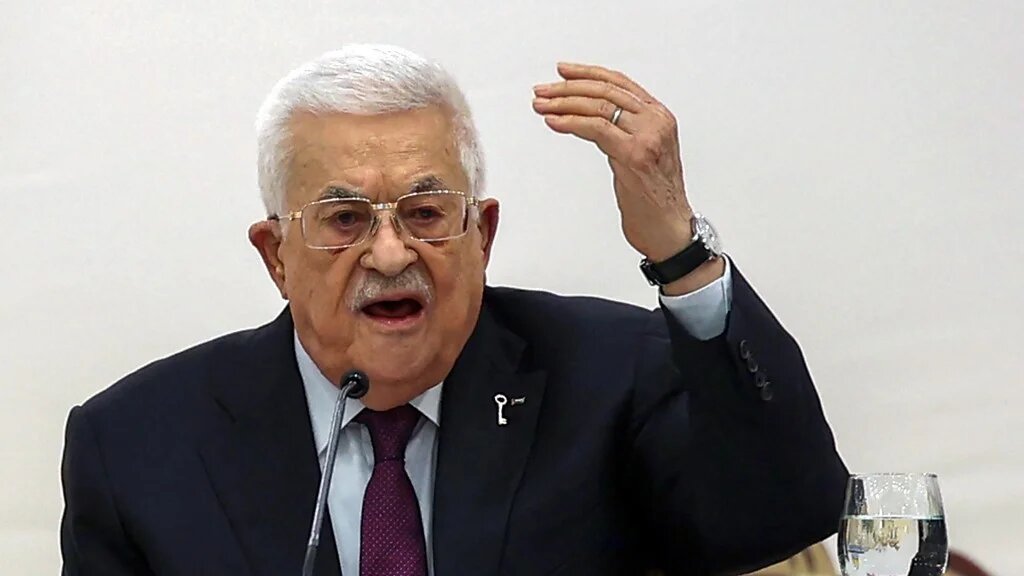
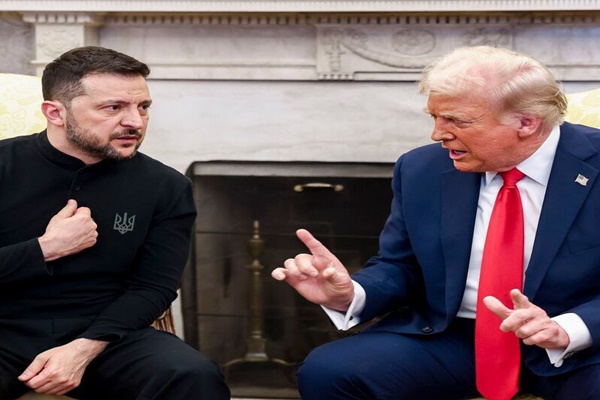
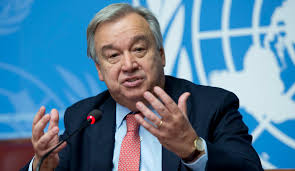
.jpg)
.jpg)


